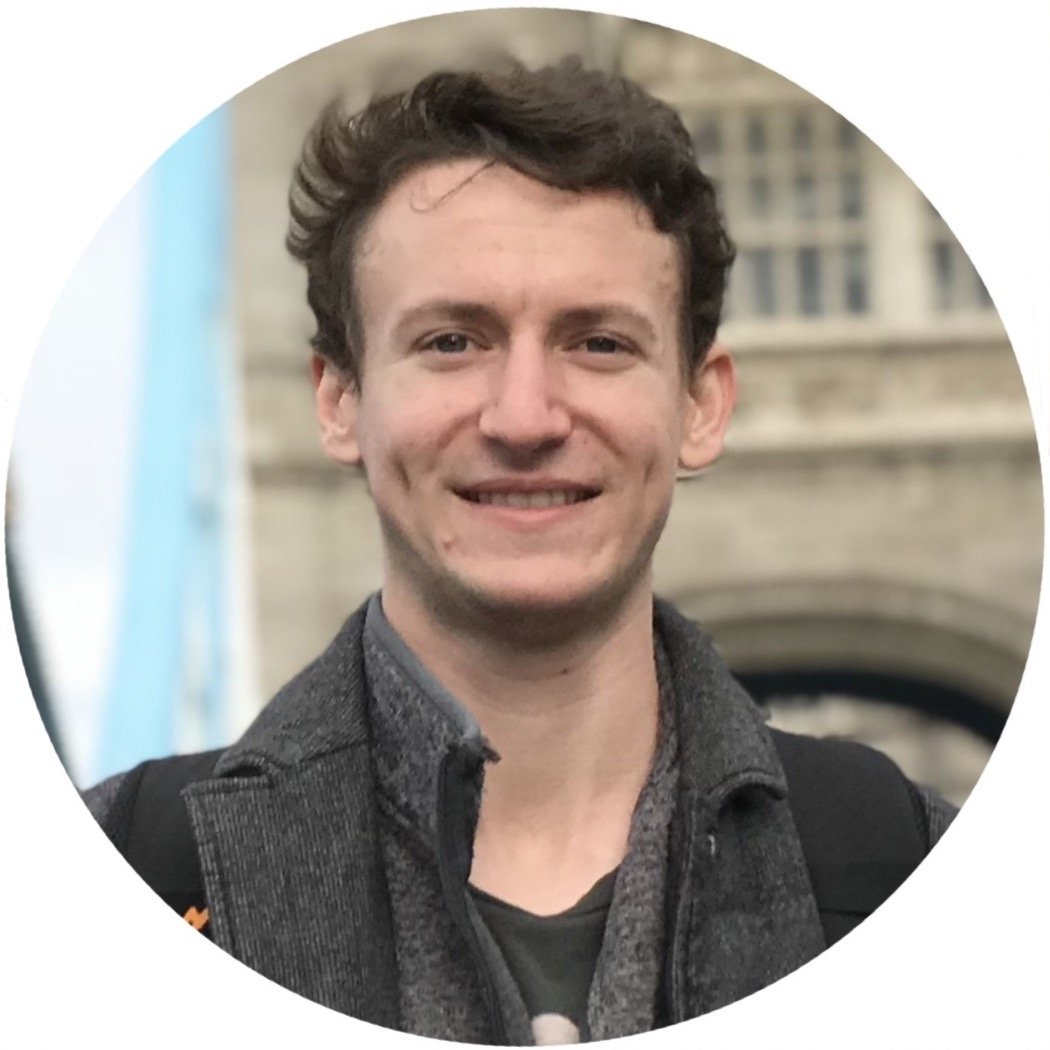We are pleased to announce a fellowship opportunity for early career researchers in the Active Inference community: the Pymdp Fellowship. The goal of the fellowship is to expand the use and development of the pymdp software package, by awarding researchers funding to cover up to short-term / part-time work to support their effort to advance ongoing pymdp projects and develop new ones.
In this first round of fellowships, we are working with researchers at Northeastern University, who will sponsor between several Pymdp Fellows to join ongoing projects that could benefit from being re-formulated using active inference models. Each fellow would join as a collaborator on one of several relatively well-developed projects, and their role will be to use pymdp to analyze or develop an active inference model suited to the particular topic and, in doing so, adapt the original work to more closely conform to the active inference / Free Energy Principle (FEP) formalism.
Spring 2023 Pymdp Fellows
Conor Heins
Conor Heins is a PhD student interested in the basic principles underlying the dynamics and organization of complex systems. In particular, he investigates the notion that such systems, from single cells to economies, look as if they implicitly ‘model’ their surroundings. In pursuing this idea, he relies heavily on a theoretical framework called the Free Energy Principle. He completed a BA in Neuroscience at Swarthmore College and a MSc. in Neuroscience at the University of Göttingen, with a focus on computational neuroscience and active inference. Currently, Conor borrows methods from non-equilibrium thermodynamics, control theory, and Bayesian inference to understand emergent inference in collective behavioral systems.
Peter Thestrup Waade
Peter Thestrup Waade is a cognitive science PhD student at Aarhus University, supervised by Chris Mathys, Riccardo Fusaroli and Karl Friston. He works with computational cognitive and behavioral modeling from a Bayesian predictive processing perspective. Specifically, he works with Hierarchical Gaussian Filtering and Active Inference approaches, both for theoretical simulation and application to experimental data, particularly in the context dynamic social interaction. In addition, he develops open-source software tools for facilitating research within these areas.
Riddhi Jain Pitliya
Riddhi Jain Pitliya is a PhD student at the Department of Experimental Psychology at the University of Oxford and VERSES AI, under the supervision of Prof. Robin Murphy and Dr. Maxwell Ramstead. Her research focuses on explaining atypical agential learning in multi-agent scenarios along the depression spectrum using computational models, where agential learning is measured by behavioural indices extracted from a novel free-operant computer task designed by our lab. With the Pymdp fellowship, she aims to leverage and develop pymdp by generating an active inference model of agential learning in the computer task, which will involve developing a hierarchical model and performing model inversion.
Aswin Paul
Aswin Paul is a final-year PhD candidate researching optimal control and intelligent behaviour at Monash University, Australia. He works on the project titled: "The Arrow of Sophistication in Biological Self-Organization" with the IITB-Monash dual degree program. In the project, he intends to study and compare several theoretical hypotheses to explain the emergence of intelligent behaviour in (biological) agents. Relying mainly on the free energy principle (a.k.a active inference) and model-based RL, the project intends to develop ground-up models that will serve as a basis to probe the manifestation of goal-directed agency in nature. During the Pymdp Fellowship, he plans to advance the pymdp software package to accommodate the latest definitions of policies and planning algorithms like sophisticated inference.
Jakub Smékal
Jakub Smékal is a final year undergraduate student at Durham University studying mathematics and physics. He has been learning and researching active inference since the end of 2021 and has started the Active Blockference project at the Active Inference Institute. He is broadly interested in the intersection of physics, neuroscience, and AI and is excited about how the Free Energy Principle and network science can motivate new developments in biologically-inspired intelligent systems.
Advisory Team
Brennan Klein
Brennan Klein is a researcher at Northeastern University’s Network Science Institute. He received his PhD in Network Science in 2020 from Northeastern University, and his research attempts to understand how complex systems are able to represent, predict, and intervene on their surroundings across a number of scales—all in ways that appear to maintain the statistical boundary between them and their environment. This theoretical approach is applied to a range of problems in networks and AI, including models of collective decision making, experimental design, causation, and emergence. He got a BA in Cognitive Science and Psychology from Swarthmore College in 2014, studying the relationship between perception, action, and cognition.
Christoph Riedl
Christoph Riedl is an associate professor for Information Systems and Network Science at the D’Amore-McKim School of Business at Northeastern University. He holds a joint appointment with the Khoury College of Computer Sciences and is a core faculty member at the Network Science Institute. He is recipient of a Young Investigator Award (YIP) from the Army Research Office (ARO) for his work on social networks in collaborative decision-making. His work has been funded by NSF, ARO, ONR, and DARPA, and has been published in leading journals including Science, PNAS, Nature Communications, Organization Science, Management Science, Information Systems Research, Academy of Management Discoveries, practitioner journals like Harvard Business Review and Sloan Management Review, as well as top computer science venues such as AAAI and CHI.
The Pymdp Fellowship is made possible through a NetSeed grant from the Network Science Institute at Northeastern University, in addition to a grant from the John Templeton Foundation (61780): Toward a teleology of complex networks. The opinions expressed in this page are those of the organizers and do not necessarily reflect the views of the John Templeton Foundation.








